Sportsmen have largely stamped out the public land transfer movement in the West, but it’s not enough to rally around public land ownership now that a new kind of threat is emerging in the nation’s capital
It was just two years ago when our hunting and fishing opportunities on public lands fell under siege across the West. In 2015, a total of 37 individual bills were proposed in 11 Western states, all aimed at taking away our public lands and handing them over to the states to be industrialized or sold off.
At first, sportsmen and women may have been blindsided by the intensity and breadth of this onslaught, but our community quickly reacted by organizing rallies, testifying at committee hearings, and writing elected officials about the value of public lands. These methods were effective, but in some cases, too little too late. When the dust settled on the 2015 state legislative sessions, six bills had passed in four states.
Luckily, only the federal government has the authority to sell or give away our national public lands, but this was six bills too many. Sportsmen were even more informed and vocal the following year, isolating land transfer legislation to the state of Utah in 2016. In 2017, all of these state bills have died, an indication that state legislators understand land transfer is a toxic idea, having been bombarded by the sporting community and other constituents.
Though talk of transferring public lands continues, we’ll go ahead and say it: We’ve won in the West
It’s Not Over Yet
Sportsmen and women deserve to crack open a beer in celebration of recent victories, but we should do so with eyes wide open about the next threats to our public lands: The special interests and lobbyists have brought this fight to Washington, D.C., where they are working to take over our public lands in many carefully constructed, covert ways.
They want what they’ve always wanted—control of how these lands are managed, so they can open them up to unfettered development. Management, not ownership, was always the ultimate goal, and there are three primary ways to gain it:
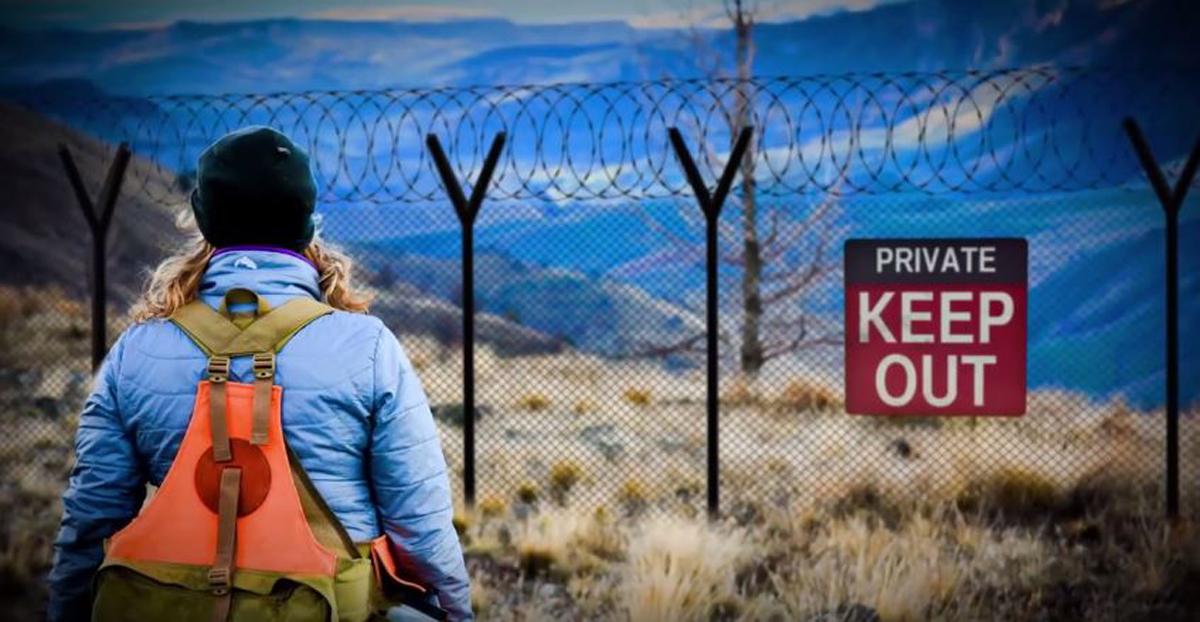
Transfer Ownership
The wholesale transfer or sale of national public lands to the states, what we’ve been fighting since 2015, was just the first attempt and some are still pushing it.
It’s not enough to simply #keepitpublic now as a new #publiclands threat emerges in D.C. Click To TweetTransfer Management
Giving local or state agencies the authority to manage America’s public lands while they remain in federal ownership may sound better, but it will have essentially the same outcome as giving away our lands. Let me be clear, we fully support existing state authority over fish and wildlife management, and we do not want to see that authority eroded. What we are talking about here is control over the management of your public lands, an entirely separate issue. By handing states management authority over public lands, BLM and national forest lands would be managed like school trust lands, where profit is king and outdoor recreation, like hunting and fishing, is an afterthought.
Negating the multiple-use mandate on federal lands would mean losing a carefully crafted balance between hunting, fishing, timber, grazing, and energy extraction. We’ve recently seen versions of this model proposed through the Self-Sufficient Community Lands Act, which would enable states to take over the management of national public lands for industrial forest production, and a proposal from Congressman Rob Bishop that would give states veto authority over the management of sage-grouse habitat.
This method is basically land transfer disguised in more subtle packaging, and lawmakers are counting on the fact that you won’t understand their true intentions. But we see right through it.
Rewrite the Rules
If special interest groups don’t like the rules for balancing the many uses of public lands or taking local input into account on land management decisions, well then why not just change them? That’s essentially what they’re trying to do right now.
Earlier this year, the Trump administration seemed focused on rolling out a new executive order weekly to review or revise the rules guiding the management of our public lands. Now, a review of 11.3 million acres of existing national monuments is in (though the administration has yet to act on them) and DOI has completed a study focused on eliminating ‘burdens’ to energy production.
These processes may create opportunities for special interests to rewrite the rules of public-lands management and remove conservation standards for fish and wildlife, while smoothing the way for industrial development. It’s imperative that sportsmen remain closely involved when the rules are being evaluated or rewritten to ensure that our interests and the needs of fish and wildlife get a fair shake in the process.
How Sportsmen Can Win
Land transfer is bad news on its face—it’s always been easy for sportsmen to recognize that and say ‘no way.’ Attacks on how our public lands are managed are sneaky and lower profile, cloaked in confusing policy, yet every bit as dangerous.
The good news is that America’s public lands are still ours—they are a part of what makes our country unique and we still have a say. But our job is more difficult now. We need to remain as fired up as we have been about keeping public lands in public hands AND hold lawmakers accountable for subtle attacks on public land management.
These threats aren’t always easy to explain and don’t fit nicely on a bumper sticker, but that’s why we’re so committed to keeping you informed.
Head over to the new Sportsmen’s Country page to learn more about the not-so-obvious challenges we face on our public lands, because access means nothing without opportunity. Ownership of public lands is meaningless without quality habitat and abundant wildlife to pursue when we’re out there. If we rally around one and ignore the other, it’s possible for decision makers to make access promises while voting to undermine everything we want access to.
Sign the Sportsmen’s Country petition now and do more than keep it public.
This was originally posted May 31, 2017, and has been updated.

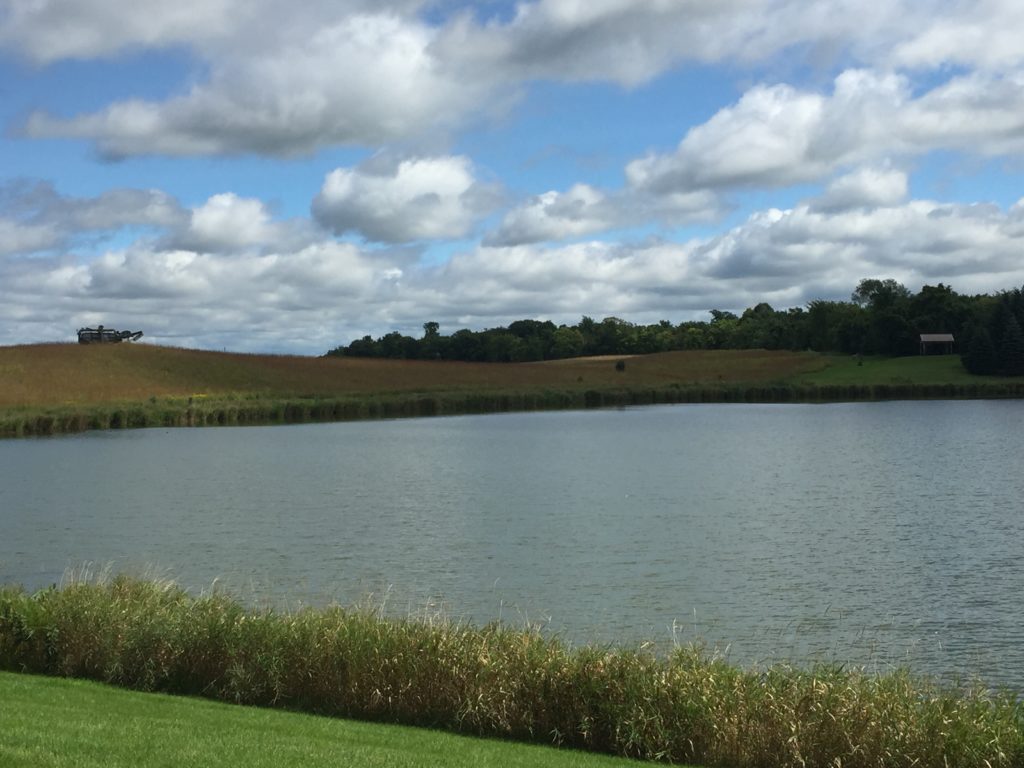
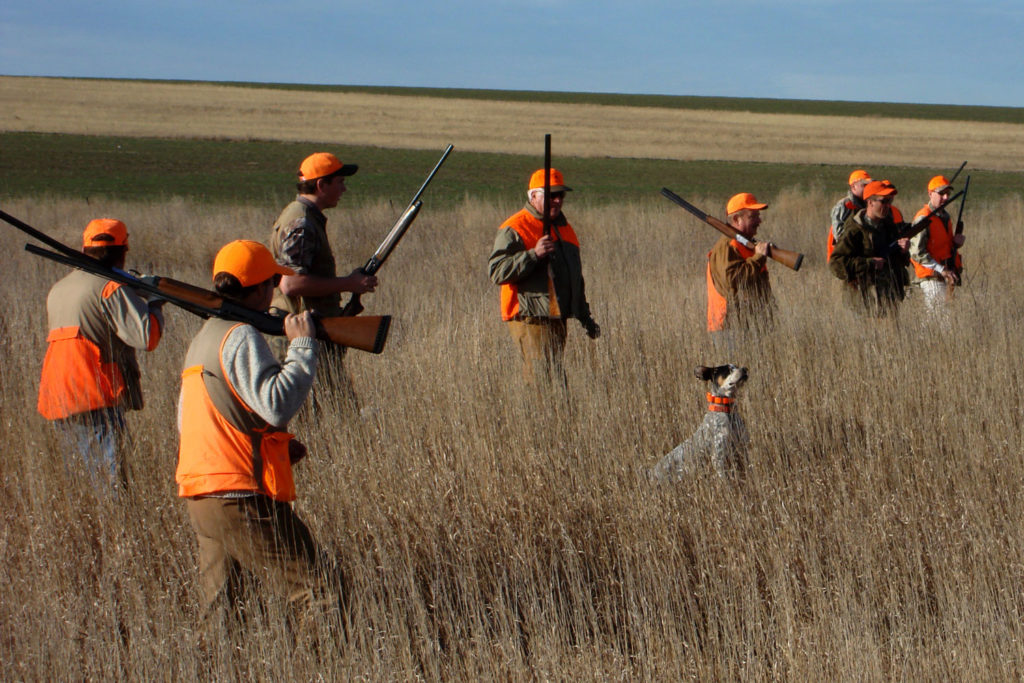
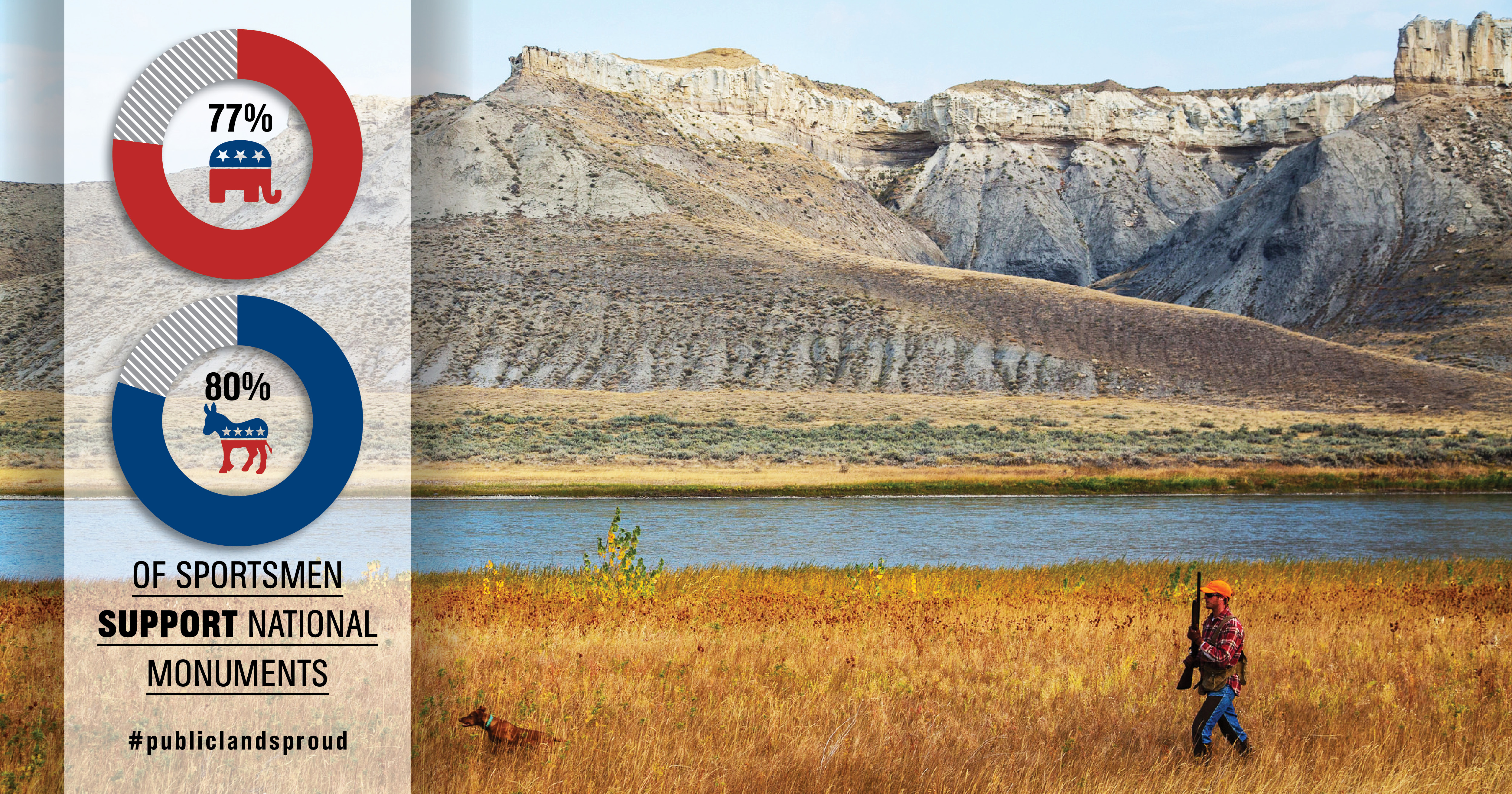
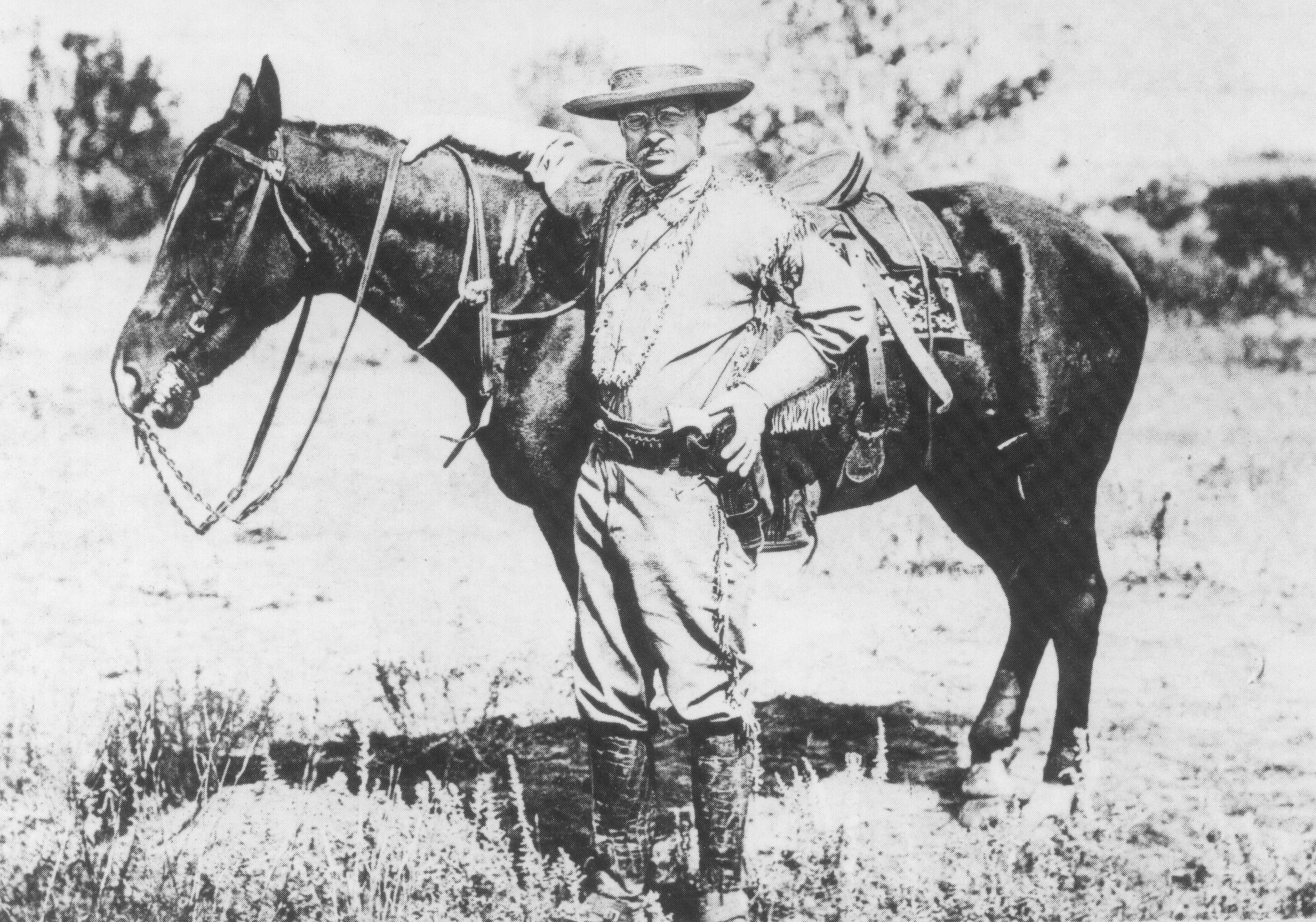
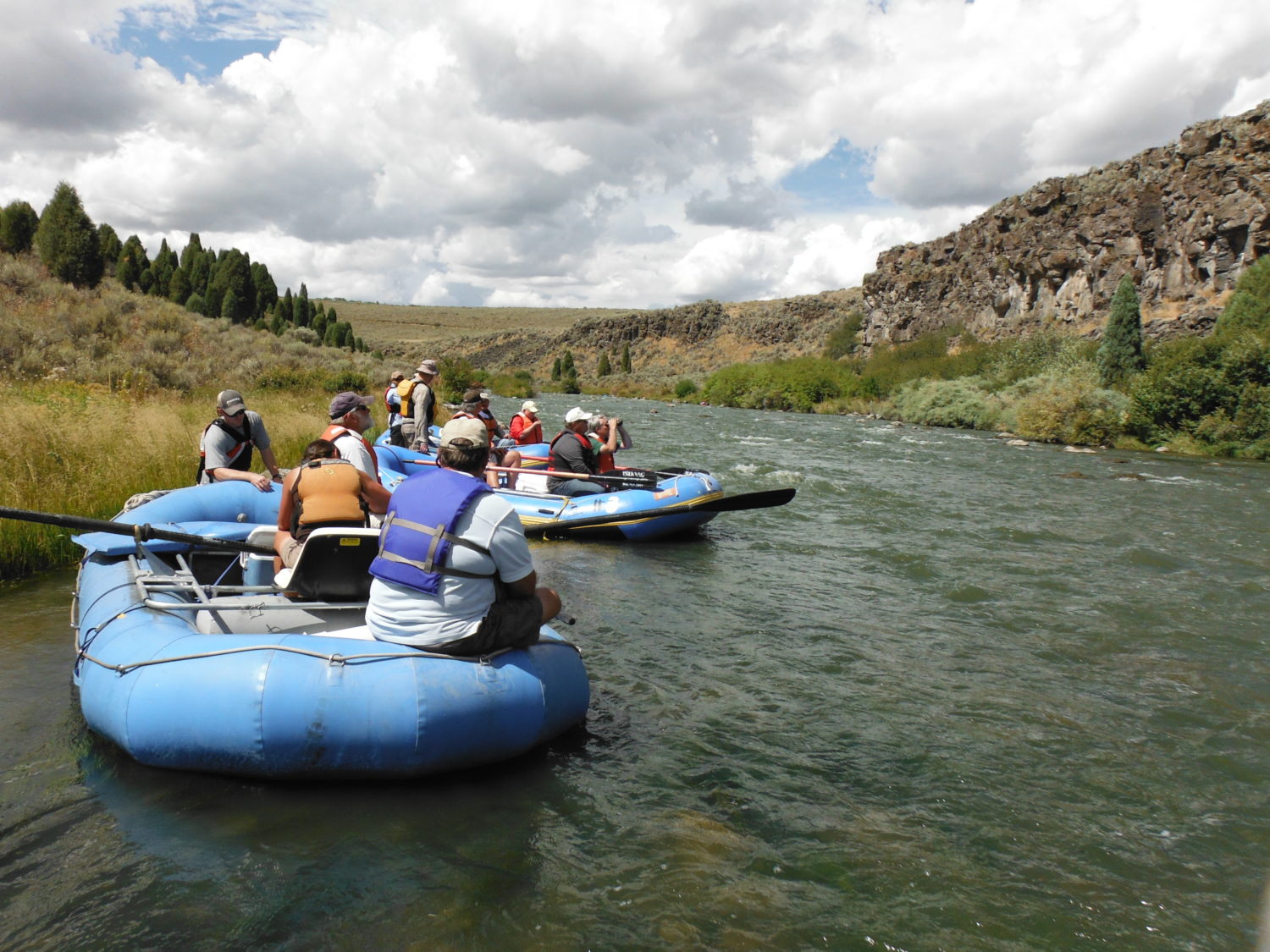
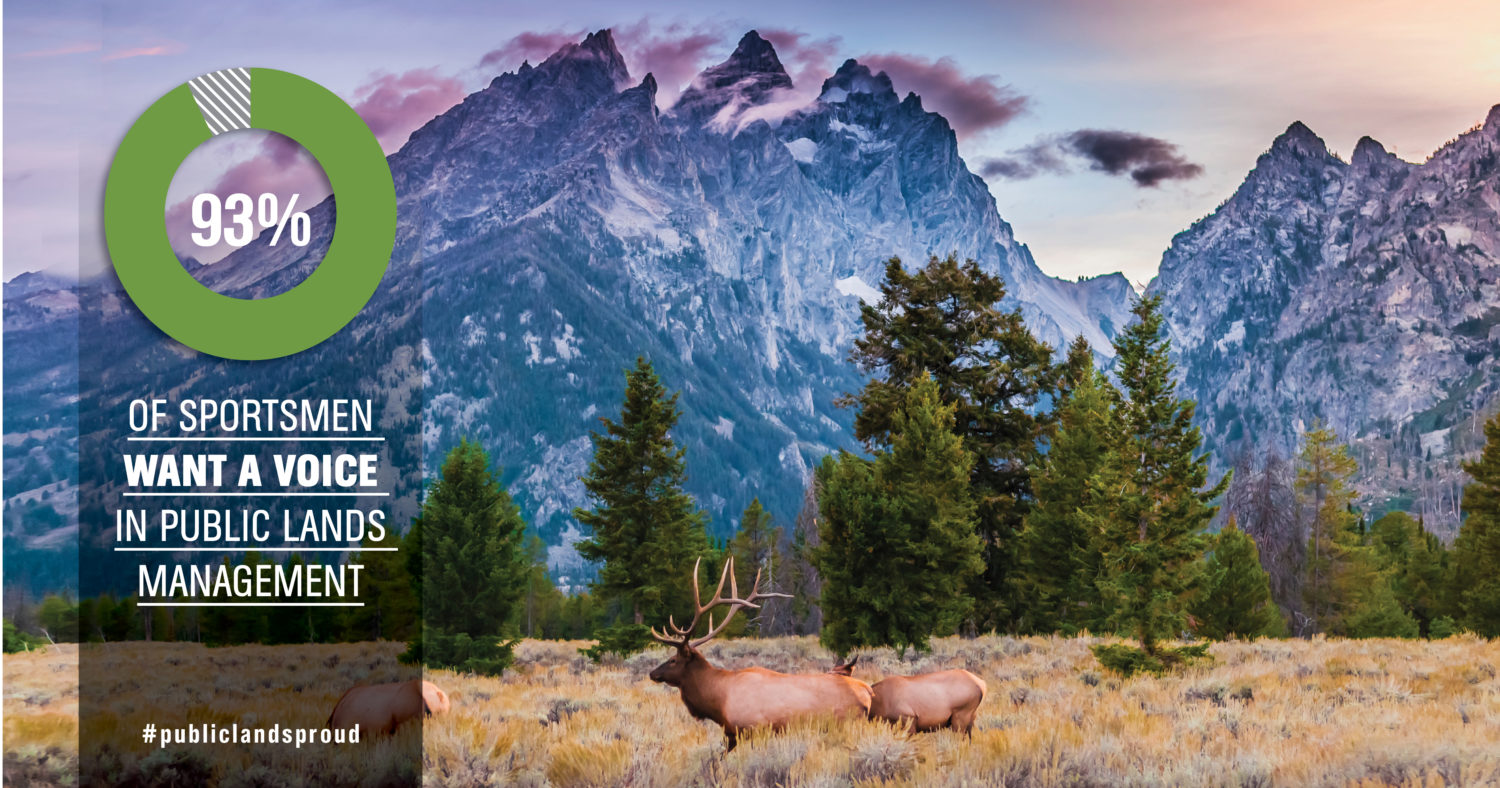




Keep up the good work!
No Bad Work!! The western states sure as hell can do a better job of managing public lands than the feds have. The state also aren’t out to industrialize or sell off the lands. Simple answer would be not allow any sales. Look at the lousy condition of our forests in Montana and Wyoming with all the dead trees. Every time WWS or CBD sue the USFS or BLM and win , 3 things happen; 1) enviro groups make money 2) irreparable damage is done to the resource 3) The people of the US pay for this either directly as a resource user or indirectly as a taxpayer. Thanks, SS in Windy Wyoming
Resistance is the only means we have as a nation, we cannot capitulate lest we lose everything we cherish.
Please protect our lands from that idiot trump!
I remember LaVoy. I certainly know about Bundy. The were and are con-men leaching off the taxpayers for their own financial gain. True welfare queens if such a thing exists.
While I know its important to keep our lands as pure as possible, I am dead set against government owning any land more than it needs for itself. Remember, the beast once released is insatiable. Remember LaVoy? Remember Bundy? Government is NOT our friend and should be leashed at all times.
Hi Frank, don’t forget that we the people are the government, and we the people own the land. Taking land away from the government is taking land away from we the people. Reread the article and don’t be fooled.
Support the Nation and its Citizens not Trump and the new Robber Barrens. American Public Federal Lands represent American Citizens not the the Corporate Bankers and Thieves of our treasures.
Transfer of Public land to the States will be the end of our National Monuments and land accessible to sportsmen. State control means profit comes first and protection of the land is secondary…or forgotten. As a country we can’t let these protected areas become income streams for states through development or misuse. I want my grandchildren to be able to enjoy these wondrous places as I have since childhood.
I volunteer for the Lake County Conservation District. A few years ago our chairperson began working to have 60,000 acres of the Flathead National Forest be managed by the State of Montana DNRC for 100 years, with LCCD receiving the profits. We have a 7 member board, and only I and one other have been actively opposing this proposal. Information at: http://lakecountyconservationdistrict.org/
Neither I nor millions of other Americans like me can afford to pay to hunt, fish, and recreate on private reserves. This is the beauty and the gift of our national parks and national forests: they are open to everyone, largely for free or just a nominal charge at the most. This would certainly change if our federal lands were transferred to the states. At best, large tracts of wilderness would be divided up and at worst, the high cost of maintaining the property would force my home state of Georgia and other states to sell the land to the highest bidder, especially in times of economic downturn.
Doing so would be irreversible and would run counter to the values and ideals of our country’s early conservation leaders like Teddy Roosevelt, just as he stated here:
“I recognize the right and duty of this generation to develop and use the natural resources of our land; but I do not recognize the right to waste them, or to rob, by wasteful use, the generations that come after us.”
I have an e-mail from Ohio Senator shared Brown on this matter, and you are correct this is not over. How can I forward you a copy of this E-mail letter?
Donald, you can email info@trcp.org. Thanks for sharing!
I live in the Southeast, and our Fish and Game folks do a good job managing public hunting and fishing grounds. We don’t have as much at stake as you good folks out West. The Feds tried this monkey business some years ago when there was talk of selling off the Uhwarrie Forest. It was stopped and there’s been no more talk about land transfer since. Thank you for keeping us all updated, and rest assured that even if I never get the chance to hunt elk on public land out West, I’ll do all I can to make sure my fellow sportsmen West of the Big River can.
I’m all for keeping all National Monuments and National Parks as they are. Simply put, I do not want my descendants to have to see The Great Wasteland instead of The Grand Canyon. I have hiked through most of Utah’s Canyonlands and some of the Bears Ears area and the entire area is amazing, stunning and surreal. To lose that to mining, drilling, fracking and other earth killing industries is unthinkable and irresponsible. Leave the public lands alone.
Private McMansions, golf courses, and stockholders exporting our timber and minerals , also locks out the sportsmen from the very lands our forefathers fought to defend.
I see alot dealing with access but what of those that lose their rights?? In the recent disgnation, I have family loses access to their own lands! In spite what has been published, they were given notice to prepare to vacate. The dwelling my great grandmother lives in was dated by BYU at 1400 years old (carbon dated from some of the original logs). She was born there as was her great grandmother. I have never seen this organization comment on this part of these fights and I have been a member for some time. Out side this area Noone seems to be looking at this part of the equation.
2018 is our first chance to elect public lands friendly legislators at the county, state and national level. Lets get with it.
Let’s try some facts here. List some examples of this supposed mismanagement. The first time a state agency is faced with paying for a massive wildfire fighting bill, they will come begging to the Feds to pitch in and pay for it. You are ill informed if you think the Feds are taking private land. THIS IS FALSE! The feds are not taking private lands. Get it through your thick head. Leases are for predetermined lengths of time, not perpetuity. They can and do change! Those lease holders knew what they were signing. They do not own the leases….WE DO!
let’s try some honesty here, the fed Govt has grossly mismanaged the public domain for years. The Western states certainly are more qualified and already have the staff necessary to the job. Also quit trying to divide land owners and sportsmen. Private property rights are inviolate and public access can’t super cede this right
Honestly, the States cannot be trusted to manage the land. There has been no gross mismanagement by the Federal gov’t, and anyone claiming so is normally vying to turn public lands to private property or profit. I’ve lost access to nearly all the private lands I grew up hunting in Wyoming, as land owners have sold out access to hunt clubs and hunt leases. Money doesn’t have a religion or political party or ideal. What grates so many about public lands is how it serves are a barrier to individual exploitation and profit. Complaining about government mismanagement is a ruse – spend some time on land devastated by oil extraction, fracking or mining and your get a real sense of what mismanagement looks like.
How can I find out what is going on behind closed doors in North Carolina?
Keeping land in the hands of liberal government, is to put the land in the hands of special interests that refuse to share with other. It is my understanding that those of disability have not access to many of these so called public lands that are held by the federal government. And why must the government hold 50% of the land in the west while it is less than 10% in the eastern 2/3 ds. of the U.S.?
If federal land is transfered to the states, there is no way possible that western states can pay for fire management without raising state taxes or requesting money from the federal government; no amount of resource extraction can pay for a state wildfire service that is unlucky enough to inherit all of the federal lands
National parks and lands are a national treasure. They must be saved for future generations. Our children and grandchildren deserve this legacy.
I am a 34 year retired Forest Service employee. I served all over the west from Alaska to Montana. I recall several occasions where poligticians have tried to i nfluence localForest service policy. In every case theForest Service employee under attack was backed up by the agency .Usually these were District Rangers that had acted to protect public land and resources on the National Forest. Recently, however, a District Ranger who had acted to ensure public ac cess to theGa.llatin National Forest on a trail that had existed for over 50 years was posted by a local landowner.The Ranger followed directions and reopened the trail. A Senator from Montana and the recently appointed Secretary of Agriculture attack this Ranger and he was removed from his position. The Office of General Council or the U.S. Attorney refused to intervene. Now it is up to the public to support that Ranger. For years the Republican Party in Montana has a plank in their platform that says they want the National Forests in Montana to be turned over to the state to manage. This would be a disaster. The National Forest Land cut off by this trail closure is presently used by private land owners to sell public trophy elk tp wealthy customers. Tbe Montana FW&P could stop this practice by issuing permits issued by random drawing but they wont. The hunting unit has far too many elk but nothing is done about it. My point is that ownership transfer is not the only threat to our public land.
John Gibson
Save our public land.
I recently traveled to one of Scotland’s National Parks. I asked a local about fishing in one of the rivers. I was told that IF you could get access to the river from the owner, the charge would be about $1,200 per DAY! This will be our fate if the States are allowed to own OR dictate the management of OUR public federal lands.
To those folks above who decry the current administration as the culprit when it comes to public lands use/transfer, your interjection of politics saps all credibility from your arguments. I believe Obama was president in 2015. The senator who interceded in the anecdote related to us by a former USFS employee above, was Jon Tester, a democrat. I suggest you follow the money–as in what special interest donates to whose campaigns, now and past. You will be surprised. Personally, I am convinced the Feds convolute, overspend, misdirect, and mismanage anything they touch. This really comes down to what is best for individual Americans on many levels. Any government derives it’s power only from it’s citizens. The closer a gov is to it’s constituents (i.e., more local) the greater the accountability. With proper safeguards as to use, access and recreation, states will, in the majority of cases do a far better, more effective and cost efficient job of managing public lands.
I worked for private,state, and federal forest management organizations for 35 years. Private timber companies have maximized revenue over all else. That is there job. States manage according to there land trust obligations. Many states have sold off or butchered there land to maximize immediate profit. Many western states have little or no trust lands left, after being given federal lands many decades ago. There is no real evidence that states are more capable of land management than the federal agencys. Once again we deal mostly with gut feeling. We need to get the real facts. We need to stop shooting from the hip and shooting our mouths. Our own US senate controls the US Forest service and BLM. They control the budget. The fed agencys get what they are given, with many strings attached, by OUR government in DC. The employees have to do what DC dictates. DC does what there constituents demand. We have the best government money can buy. If you believe DC is not controlled by billionaires with lobbyists, you must live on a different planet. Money talks. Levoy and Bundy in my opinion are just a sign of uncivilized behavior or worse, maybe common criminals with a bully pulpit.